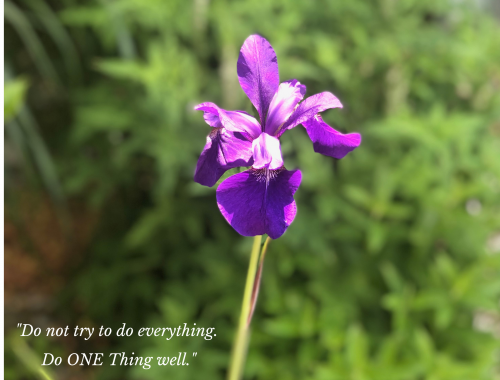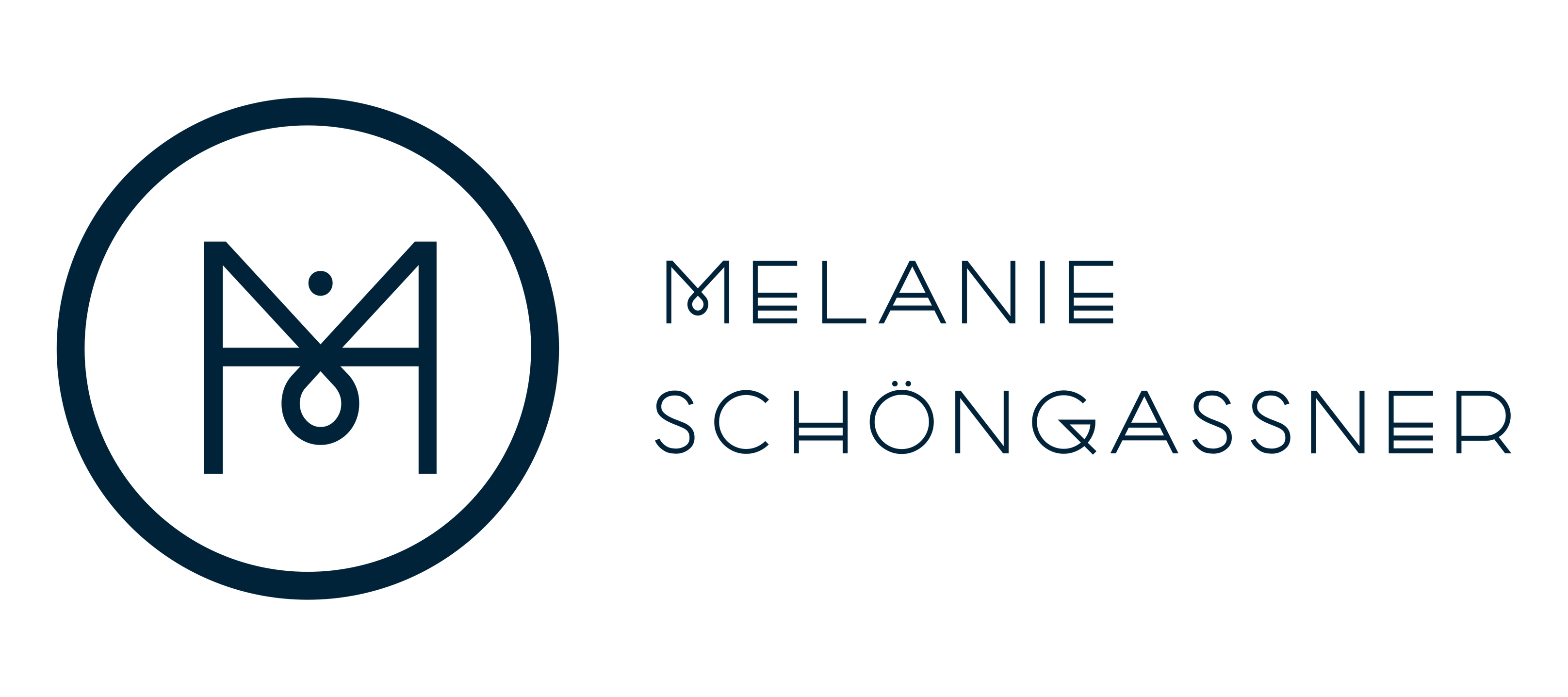
Buckle up – 7 strategies to keep your fears in the back seat
Life can be daunting
The other day, I had a bad hair day. Nothing would come easy and I was struggling with the things I had on my list for the day. I felt unproductive and dissatisfied and decided to take a break. I went to my mat for some slow Yoga movements and did a short meditation. Afterwards, I opened up my notebook to jot down my feelings. My eyes fell on my last entry, a quote from Elizabeth Gilbert, well-known author of “Eat Pray Love” (2007, Riverhead Books) from her book “Big Magic” (2015, Riverhead books).
“Creativity is a path for the brave, yes, but it is not a path for the fearless, and it´s important to recognize the distinction.” – Elizabeth Gilbert
This quote stuck with me. Wherever you look, let it be in numerous self-help books or blogs from so-called experts you always hear the slogan that you have to overcome your fears in order to create something great. They give you the impression that there will be a point (in the future), where the fear of presenting your art or business idea or whatever it is, will be resolved.
Yet, Liz Gilbert was saying something different: you will need a good amount of courage, to tackle your obstacles, yes, but whatever you do, there is no way of overcoming your fears. You just have to learn to live with them. According to her, you have to treat them like passengers in the back seat of your car. They are accompanying you all the way, you only have to make sure they don´t try to get in the driver’s seat.
I like that idea. Especially in times like that. There is no way of being completely fearless. The news is scary, your daily business might be full of obstacles and the future is a great unknown. There is no way in downplaying the imponderables, that scare us. We simply have to make sure we are the ones driving the car and our fears stay in the back seat.
How can we do this?
We need to develop strategies to first uncover the moment the fears try to silently creep over the backrest to take over the steering wheel and influence our actions, and once we caught them, to acknowledge them but set our own actions in motion.
Brené Brown, renowned author and speaker has written numerous books on self-development and motivation, which deal with strategies to overcome fears and be more creative and productive. I recently read the book “The gifts of imperfection” (2010, Hazelden Publishing) and found a couple of points, which can be summarized as a
7 strategies to live with your fears:
Stop being perfect
Perfectionism stops us from being ready. All creators will invest an enormous amount of time in their work, but they are never going to be ready, if they aim for perfection. At some point we have to put our work out in to the world. Thriving for a perfect result, is the hidden fear of criticism, judgement or blame. The only way to improve our work is to show it to the audience and receive feedback. This is how we learn and grow.
Take one step at a time
How can we do our best work day by day without being overwhelmed? It´s all about fighting back resistance and developing resilience. A good way to train your resilience is breaking down the overall goal into micro steps. This will diminish the fear of tackling a great objective, which seems to be unbearable. If you take one step at a time you suddenly realize that little by little you come closer to your destination.
Listen to your intuition
The common understanding is that decisions are made with a rational mind. But remember, that the brain is a highly efficient machine and to enable a smooth process of all the information we see, feel and smell a lot of them are stored in the subconscious mind without us even noticing it. However, this information will sometimes come back to the forefront as intuition or gut feeling, based on the experience we´ve made or things we have seen. The more we trust our intuition, the better it will guide us in our daily lives.
Stop comparing
You will always find someone in your area of work, whom you consider “the better writer”, “the better painter”, “the better entrepreneur”. But no matter how good the work of the others is, it´s important to embrace your own creative potential and find your audience. Comparison is a natural behavior we learn from childhood on, but it can narrow our minds to the work of others instead of developing our own style. If we refrain from it, we will evolve and grow. Continuous effort over a long period of time will lead to results.
Rest playful
In order to perform our art and diving into our full creative potential we have to rest playful. Often times we get the best ideas, when we spend time with activities not directly connected to our work. Drawing, composing music, trying out new sports – the more we allow our brain to play, the less it will be forced to a fixed result and can develop new ideas leading to different results.
Take breaks
There is time to work and time to rest. Especially for creatives with flexible working hours that can be difficult to distinguish. As a writer, there are always ideas floating around you like to note down, or you have this pile of books you like to read – is this research or taking a break? In creatives lives it is important to deliberately take breaks to stop (over-) thinking and let your creativity flow. Julia Cameron for example, describes in her book “The Artist Way” the technique of the artist date. A regular planned date with yourself to get away from work and push your creativity in engaging the mind with other things.
Be grateful
I put this point at the end not because it´s the least important one, but because I consider it the main point. Being grateful for the ordinary moments in your life and embracing everything you have accomplished over the years is key. Start your day with being grateful for the new day and be thankful for everything you´ve done and experienced at the end of the day. Fears, which seem huge at first, suddenly grow smaller and smaller, once you acknowledge how many great things you have in your life besides the fears on the backseat.
Installing a practice of appreciation can not only help you to better deal with your fears, but also to live a purposeful and fulfilled life. There is the common misunderstanding that the technique of being grateful does only apply for the good things in your life. Your family, your friends, the things you have accomplished, but the Yogic view is that we should embrace ALL the experiences in our life, good and bad, as they teach us important lessons and show us where we can still improve.
Listen to your fears
When I felt overwhelmed the other day, I asked myself why I was struggling? Was it because I was not capable of doing it or because I was on the edge of learning something new and was just afraid?
I followed my strategies as I listened to my gut feeling, took a break, told myself that it´s ok to not be perfect, tried to break down my duties into smaller tasks, complimented myself in doing fine (and not comparing myself to others), went to the mat (with a playful flow) and finally were grateful for what was present in my life and everything I had reached so far.
I ended up, extending the break to spend time with my kids and fully enjoying the rest of the afternoon. The very next day, my tasks looked way less challenging, and I came to a satisfying result. My fears were still there, firmly buckled to the back seat, but I was the one driving.
“If you look in your own heart, and you find nothing wrong there, what is there to worry about. What is there to fear?"
Das könnte dich auch interessieren

Don´t just look at the flowers, feel the beauty instead
29. Juni 2020
ONE Thing: Using the domino effect to life a healthier and happier life
17. Juni 2021


